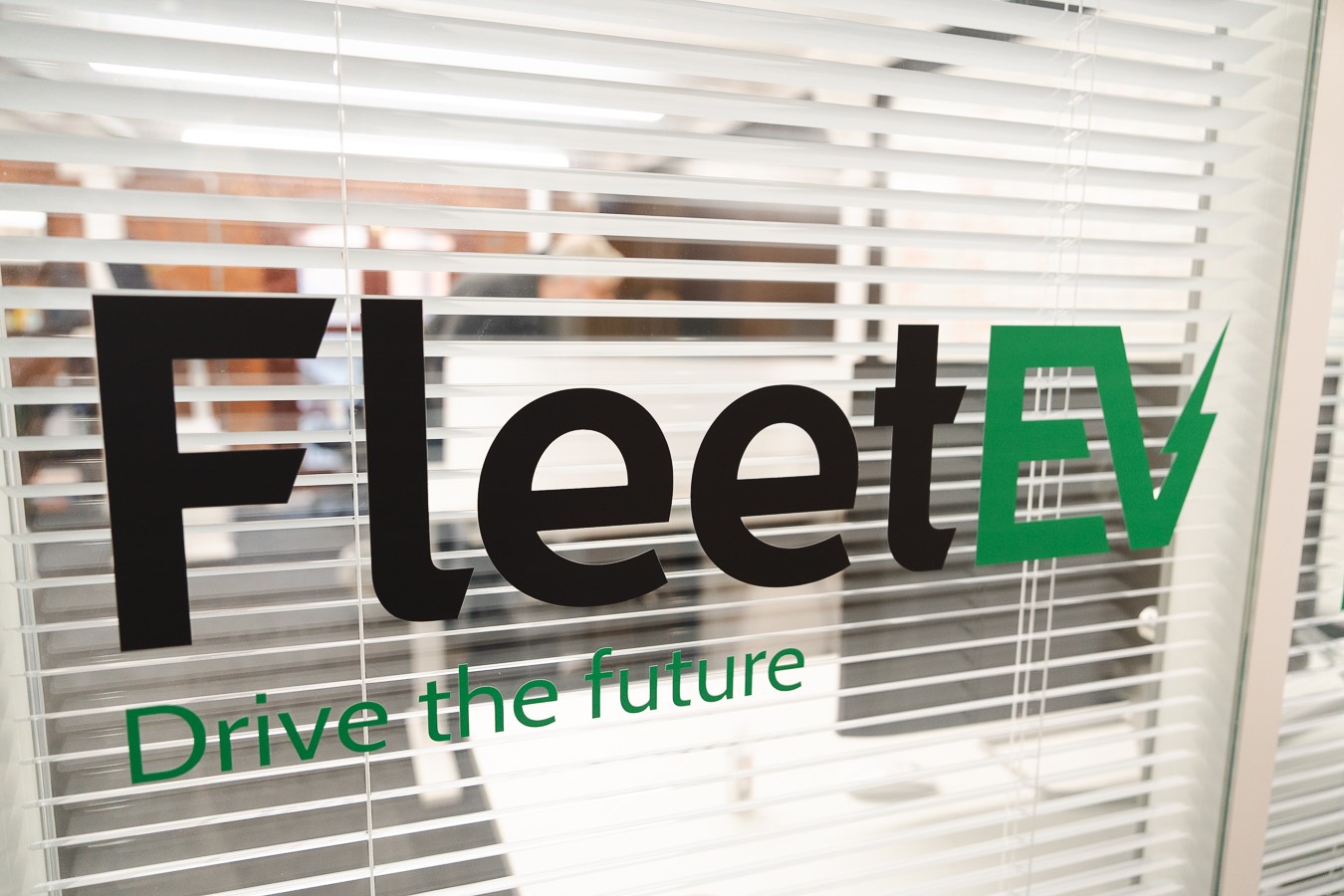Cardiff-based FleetEV is celebrating after being awarded a place on the Halton Housing Fleet Procurement Framework, managed by MUFG Corporate Markets, a division of MUFG Pension & Market Services (formerly Link Group).
FleetEV is an electric vehicle (EV) services provider that focuses on helping organisations transition to electric vehicles through comprehensive leasing, salary sacrifice, and fleet solutions tailored to diverse client needs.
The company has been awarded a place on three lots of the national framework: passenger cars, light commercial vehicles up to 7.5 tonnes, and light commercial vehicle conversions. The framework is valued at £450 million and can be used by any public sector body in the UK, opening up significant growth opportunities for the Cardiff-based business.
Jarrad Morris, CEO and Founder FleetEV, said: “We’re so pleased to have been awarded a place on the Halton Housing Fleet Procurement Framework, managed by MUFG Corporate Markets, especially on three separate lots. We feel passionately about changing the face of EVs across the country and are so pleased to take our brand nationwide through this framework. We look forward to engaging with the public sector through the framework, helping them adapt to EVs in a simple way.”
Darrell Slevin, Director and Head of Asset Finance Advisory at MUFG Corporate Markets, a division of MUFG Pension & Market Services (formerly Link Group), said: “We are delighted to welcome FleetEV onto the Halton Housing Outright Purchase Framework. Being on three lots will enable them to deliver a wide range of vehicles covering the public sector’s electric light commercial vehicle requirements throughout the UK.
“We wish them every success and look forward to working alongside them to deliver best value into the public sector.”
